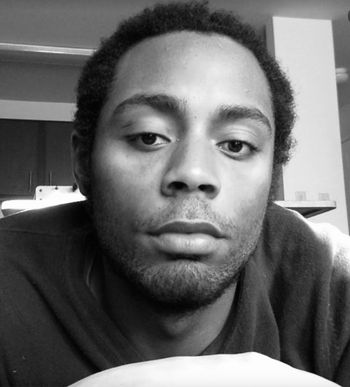Social justice movements are 'central to Christian liberation,' religion class argues
Louisiana State University is slated to offer "Contemporary Christian Thought" for the spring semester.
The course will explore Christianity's role in the social justice movement.
Louisiana State University (LSU) is offering a class next semester that teaches that contemporary social justice ideology is “central to Christian liberation as portrayed by Jesus in the first century.”
The class is called Christian Contemporary Thought and is offered through the university’s Ogden Honors College.
“Are you curious about how religion has been affected by the cultural movements of feminism, queer theory, race studies, and atheism,” the course description reads.
[RELATED: LSU prayer service attacked by LGBT activists]
The description then states, “While many assume these contemporary movements are antithetical to Christianity, there has also been a vibrant paradigm shift over the past fifty years and many Christian thinkers have taken the insights drawn from these social movements to be consistent with and central to Christian liberation as portrayed by Jesus in the first century.”
Madhuri M Yadlapati, the instructor of Contemporary Christian Thought, believes that her course will help students gain a greater sense of the values that Jesus taught.
“The course I’m teaching will seek to understand several contemporary movements that define themselves as Christian,” Yadlapati told Campus Reform.
“Some of these texts cite the Jesus of the gospels, especially his concern for the poor and those who were deemed social outcasts,” she added. “They see a basic alignment between Christian ethics and improving the given world by repairing instances of social injustice.”
Yadlapati holds a PhD in Philosophy of Religion from Yale University.
[RELATED: LSU names new president who has long history of Critical Race Theory publications]
Christianity has made itself open to reform when facing societal pressures in the past, according to Yadlapati, who asserts that the religion has often participated and engaged with the contemporary issues and movements of its time.
“Christianity itself, like every world religious tradition, has always engaged ideologically with the broader society, which is itself dynamic and changing through history.” she said.
“In every religious tradition, we see instances of accommodation with broader society and instances of critical reform of the broader society,” the instructor continued. “As a result, we also see religious movements emerge to reform not only society, but the religious tradition itself.”
Campus Reform reached out to LSU for comment, but they did not respond.

